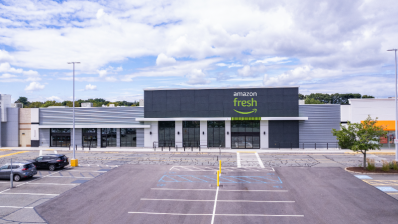
Crowd Street's Anna-Marie Allander Lieb is joined by Zack Streit, Senior VP at George Smith Partners, to discuss single family rentals, an asset class that's recently caught the attention of institutional players in the market. Together, they'll discuss the opportunities presented by this asset class, why it's appealing to millennials, and more.
